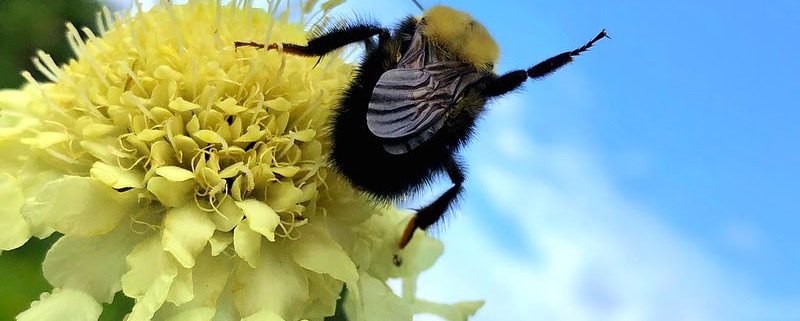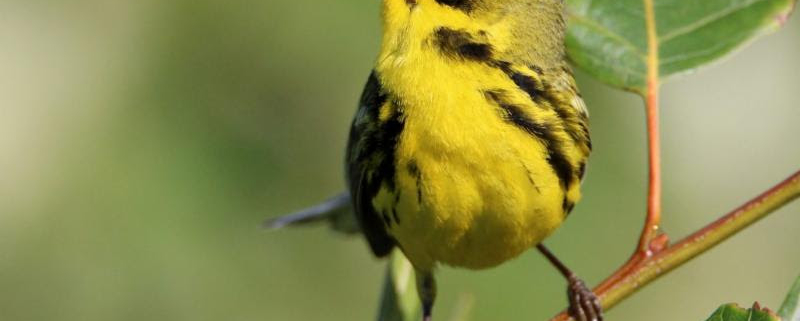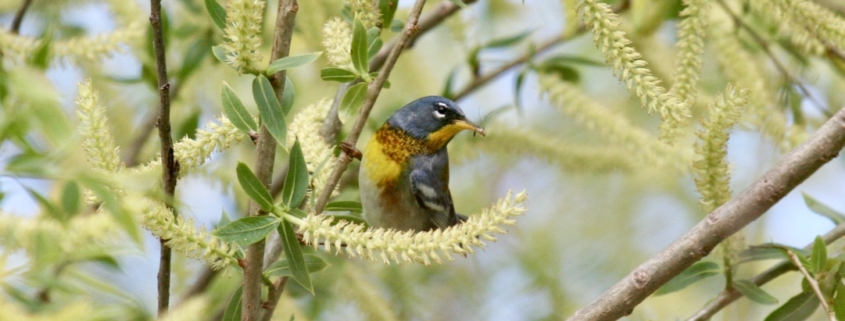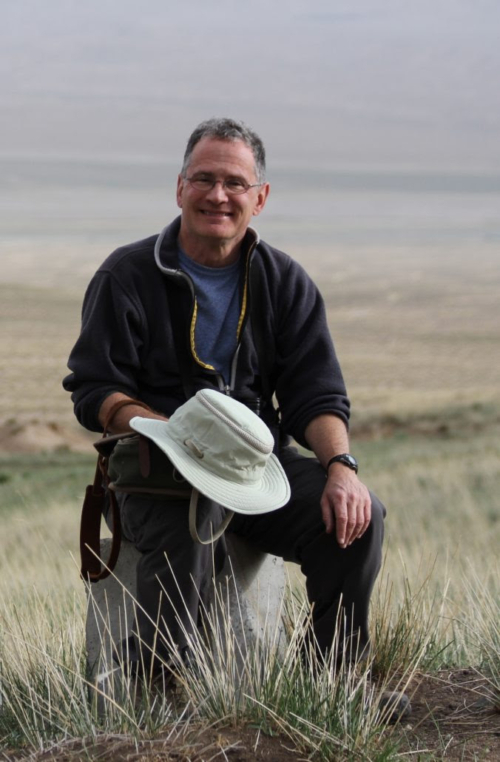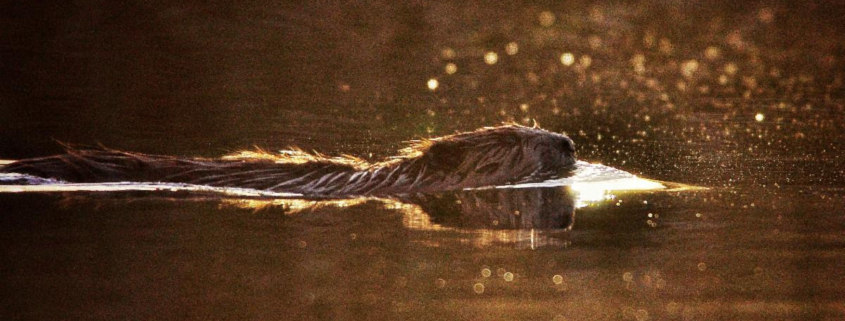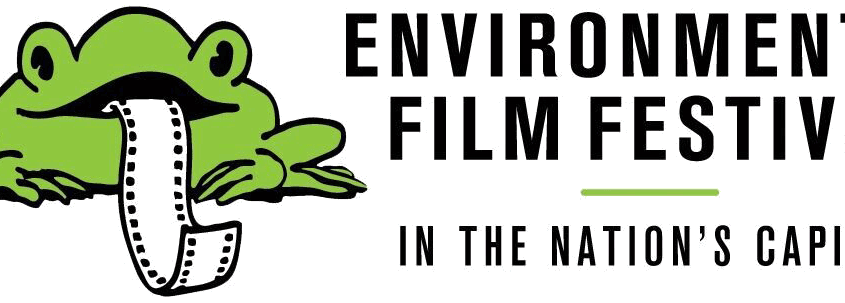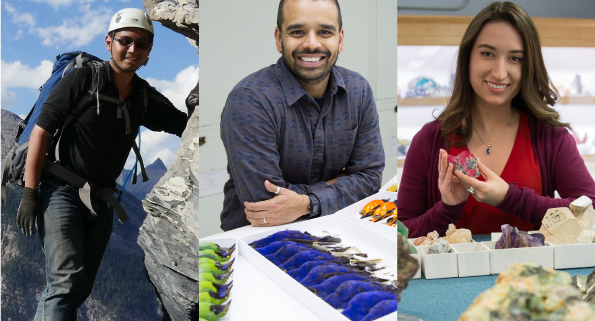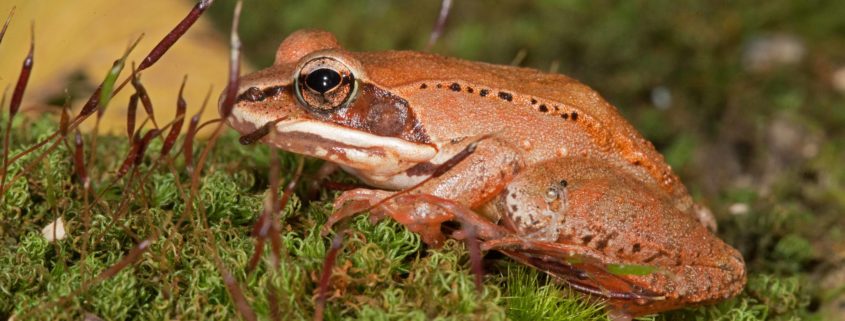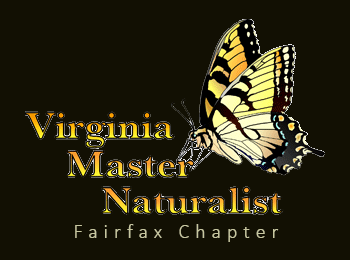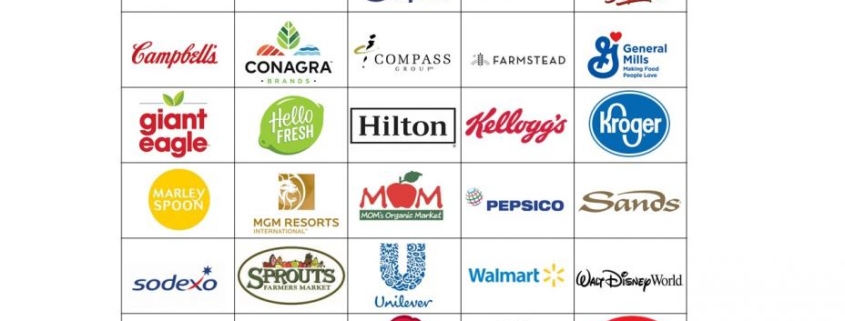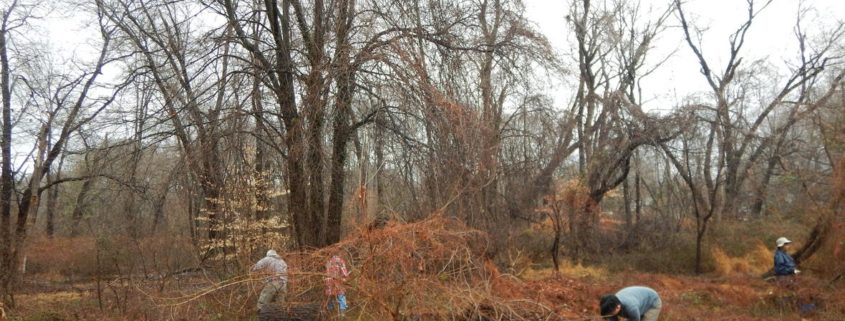A Special Webinar Series for VMNs Stuck at Home, April 6-May 5
In addition to VMN’s normal monthly Continuing Education webinar series, this month they are adding a “High Five from Nature” series. Don’t we all need a little encouragement from nature in our lives right now?
In each webinar, presenters will go over five species or concepts on a theme. These will be somewhat informal webinars of varying lengths, from 20 minutes to an hour. They’ll focus on Virginia species and on seasonal observations. We will record them and provide links to the recordings from our web site.
Please visit the web page for the Zoom link and Meeting ID for each webinar.
The Current Lineup
Five Frogs to Recognize by Ear
- With Michelle Prysby, Program Director, Virginia Master Naturalist Program
- Monday, April 6, 2:00 pm
Five Needled Trees (Plus 5 More as a Bonus)
- With Ellen Powell, Conservation Education Coordinator, Virginia Department of Forestry
- Thursday, April 9, 11:00 am
Five Native Shrubs
- With Jim McGlone, Urban Forest Conservationist, Virginia Department of Forestry
- Monday, April 13, 1:00 pm
Five Dragonflies
- With Emily Luebke, VMN-Rivanna Chapter volunteer and nature photographer
- Wednesday, April 15, 2:00 pm
Five Measures of Stream Quality That Have Nothing To Do With Water
- With Rikki Lucas, Biogeochemist and VMN-Central Rappahannock Chapter volunteer
- Tuesday, April 28, 12:00 pm
Five Ferns
- With Kit Sheffield, Fairfax Chapter volunteer
- Tuesday, May 5, 7:00 pm
…and more! We will be adding additional High Five webinars in the coming weeks. If you or someone you know would like to be a High Five presenter, contact Michelle Prysby.
Each of these webinars is listed with its separate Zoom link on our website.
FMNs can get credit for attending these webinars under: A Special Webinar Series for VMNs Stuck at Home


